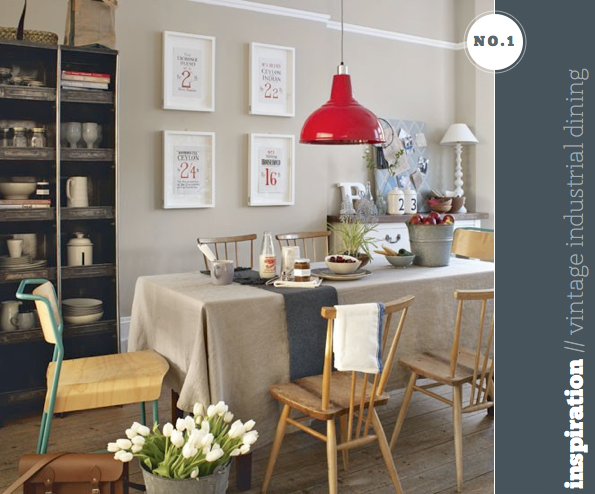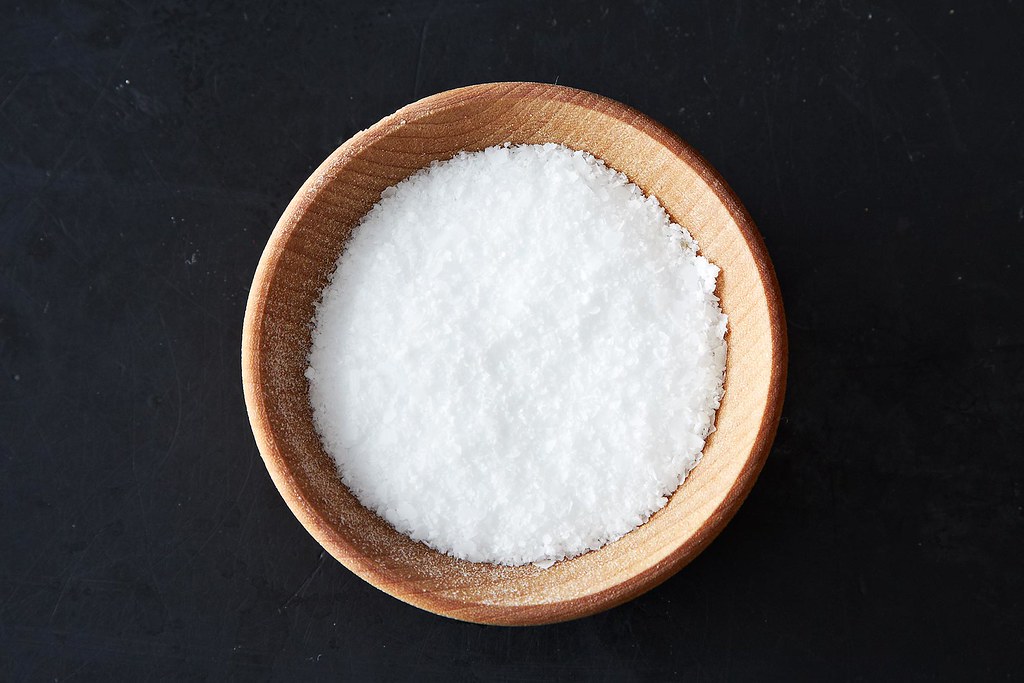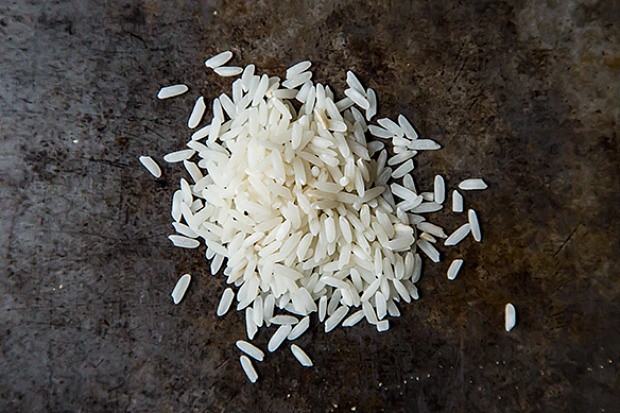몇명 살지 않는 집의 부엌이라 하더라도 항상 준비해 둬야 하는 몇가지 필수적인 아이템은 알아둬야겠다는 생각이 들었다:

PANTRY ITEMS
Canned tomatoes: Crushed, whole, diced, tomato paste, RO*TEL
Dried pastas in every shape and size imaginable
Rice: long grain, brown, and Arborio for risotto
Peanut butter
Honey: Sweeten yogurt smoothies, use in recipes…and drizzle on hot biscuits. Sorry.
Various jellies: Strawberry, apricot, jalapeno
Real Maple syrup
Chipotle peppers in adobo sauce. Add to soups. Add to roasts. Puree with mayonnaise for a great salad dressing or veggie dip.
Roasted red peppers: place them on panini, puree them and make a soup or pasta sauce, chop them and make bruschetta
Canned artichoke hearts: throw into a pantry pasta sauce, make baked artichoke dip, etc.
Assorted olives, jalapenos, pepperoncinis etc.
Baking ingredients: bulk flour (all-purpose, whole wheat, self-rising), sugar, brown sugar (store in a nice airtight container), powdered sugar, baking powder, baking soda, extracts, yeast, etc.
Shortening and vegetable oil
Chocolate chips and other forms of baking chocolate
Oatmeal and other grains
Evaporated milk and sweetened condensed milk
Cornmeal: Use in baking, of course, but also dissolve a little in water and stir into soups and chilis for a little thickening and flavor
Masa: Corn flour sold in the Hispanic Foods aisle. Use in similar ways as cornmeal.
Ketchup, different mustards, and barbecue sauce
Mayonnaise: (Not Miracle Whip. Grody.)
Potatoes, onions, and garlic. I store ‘em in a basket so air can circulate.
Onions and garlic are the basis of innumerable recipes.
Potatoes are…well, essential out here.
Dried beans. Put ‘em in soups. Put ‘em in stews. Cook ‘em in a pot with a hamhock. Make refried beans. So delightfully basic.
Stocks and broths. Chicken, beef, vegetable. Make soups, braise briskets, make pot roast. Amen.
Jarred pesto and specialty relishes, chutneys, etc.
Jarred pesto is an easy way to inject big flavor into soups, pasta, quiches, chicken salads, dips, and dressings when you don’t have access to fresh basil.
Panko breadcrumbs. Top casseroles. Coat fried mozzarella. Mix them in meatballs and meatloaf.

And then of course: Kosher salt, black pepper, Worcestershire, Tabasco, olive oil, different vinegars, soy sauce, etc.
And as for the fridge…
FRIDGE
Lemons, limes, and apples.
Butter. Sorry.
And longer lasting cheeses like cheddar, Parmesan, and feta, which has a nice, long shelf life.
Bacon. Sorry again. And this can be a freezer item, too. Make BLT’s, top burgers, cut into bits and fry with onion as the basis for some pasta sauces and soups.
Also: Corn tortillas. If they’re stored properly, they seem to last forever in the fridge.
And then there’s the beloved freezer.
FREEZER
Beef, wrapped in butcher paper.
Chicken breasts, wings, legs, and thighs, either flash frozen then stored in ziploc bags, or vacuum sealed
Raw shrimp
Sausage: breakfast sausage, Italian sausage, chorizo, etc.
Bread: Crusty artisan loaves that I get when I’m in the big city, and a couple of back-up loaves of sandwich breads
Pizza dough: unrisen, stored in ziplocs
Frozen dinner rolls: I love the (store bought!) unrisen, unbaked little round balls of dough. They rise and bake up so beautifully, and you can slather them with butter and chopped rosemary and turn them into something entirely different. And you can roll them out and use them to make calzones or mini-pizzas.
Pie crust: formed into disks and stored in ziplocs. To use, just remove, let thaw for 30 minutes or so, then roll out.
Pecans/walnuts
Frozen fruits: Peaches, berries, cherries, etc. These are awesome stand-ins for pies, crisps and cobblers when the fresh fruits aren’t in season. And you throw the frozen fruit right into the blender for smoothies whenever you want.
“Fresh” vegetables. The freezer is where I stock the veggies that aren’t great in canned form: green beans, peas, lima beans, carrots, corn. These non-acidic vegetables stay so much more delicious, nutritious, and fresh in the freezer.
(Freeze your own veggies out of the garden by blanching, then throwing in ice water, then drying, then flash freezing, then throwing into larger ziplocs.)
Ready-made recipes stored flat in ziploc bags. Take a day where you cook up bulk recipes for the freezer, or just gradually build them up over time. Store both large and small quantities so you can easily feed a crowd…or just yourself. Reheat by adding to a large pot with a little water just to help it along.
Chili, which you can eat it on its own or put on top of burgers, hot dogs, nachos, Fritos, etc.
Pasta sauces
Soups and stews
And weird little ingredients like homemade pumpkin puree—measure it in 1 or 2-cup quantities so you can easily use them in holiday recipes.
From thepioneerwoman
(Photos: brightbazaar)










